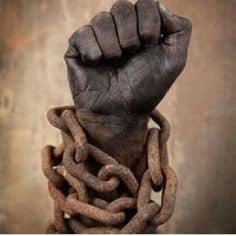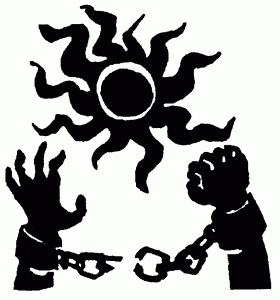
 Writing Culver City Crossroads is about local news, and I do try to stay in that focus. The working week typically involves reading emails, making phones calls and attending civic meetings, all of it pretty close to home. Two events this week took me out of my usual rotation; the screening of “Forgiveness,” a short film by Satie Gossett at the Landmark Theaters, and the “Kids at Hope” presentation at from the CCEF & CCUSD featuring Antwone Fisher. So, local, but touching on some national and long term issues. Blackness. Slavery. Abuse. Heredity. And hope.
Writing Culver City Crossroads is about local news, and I do try to stay in that focus. The working week typically involves reading emails, making phones calls and attending civic meetings, all of it pretty close to home. Two events this week took me out of my usual rotation; the screening of “Forgiveness,” a short film by Satie Gossett at the Landmark Theaters, and the “Kids at Hope” presentation at from the CCEF & CCUSD featuring Antwone Fisher. So, local, but touching on some national and long term issues. Blackness. Slavery. Abuse. Heredity. And hope.
I’ve been aware of Gossett’s work as a filmmaker online and here was a chance to see one on the big screen. This film was specifically about slavery and it’s effects on American life. A lot to do in a 30 minute short, but the script was great, the cast was exemplary, and the effect on the audience was intense. As a writer of short stories, I recognize that what you choose to leave out is just as crucial as what you include, and that no tale, however long, can give it’s characters full scope. “Forgiveness” takes one situation and allows it to reflect on the many ways that ‘the crime of slavery’ continues to haunt us. I can see this short film going places.
I had the opposite reaction to the ‘Kids at Hope’ presentation; it felt like a road show that had spent too much time on the road, with founder Rick Miller rushing through his introduction, stumbling over sentences he’d already said several thousand times.
I love the pledge of hope – I was first introduced to it at El Rincon some years ago by Reggie Brunson. It is an inspiring way to start the day. ” I am a kid at hope. I am talented, smart and capable of success. I have dreams for the future and I will climb to reach those dreams every day. All children are capable of success, no exceptions.” We would all stand together before school and recite, parents included, no exceptions. I thought it was a whole lot better than saluting the flag, which is an abstraction to most most kids. This was a daily commitment to get your stuff together and get it done.
While Antwone Fisher was telling the tragic story of his life, he was was so soft spoken, his voice was almost a monotone. One of the stories he recounted was of being called ‘boy’ by the foster father he’d been living with for more than a decade. The man actually did not bother to learn his name. He was one of several foster children being kept by this couple who were open and frank about the fact that they only kept the kids to get the checks, and did not make any effort to treat them as children or make them feel at home.
It’s easy to see a villain – it’s harder to ask what makes a villain; why did these people choose to treat vulnerable children with such contempt? Perhaps they were raised to feel that anyone who wasn’t really family didn’t really matter. Perhaps their families treated children like slaves. Perhaps this cold contempt was what they had been taught was the attitude of adulthood. You can only teach what you know. Fisher’s early life was populated by people seemingly ignorant of compassion.
Fisher told such a harrowing tale of growing up, it’s clear that there were several intersections of fate where the fact that he walked away with his life was miraculous. But for all his courage, Fisher presented these tales as if from a great distance. To me, this sounded like the effect of the damage, the cruel and constant message throughout his childhood that he was someone who did not matter at all. It was in his adult years that he created his success. I truly couldn’t see where hope entered into it. Throughout his presentation, I did not hear him use the word even once.
In my mind, I could see Oliver, the protagonist of “Forgiveness,” asking the tough questions and expecting answers. In Fisher, I could see a person who had been taught not to ask questions, and made to understand he had no right to any answers. Oliver hungers for justice, and Fisher seemed surprised by his survival, and his success.
Is this the distance between a fictional film character and real life hero? The frame around both of them – around all of us – is America, and how we decide to make it what we need it to be. We need to address issues of heredity and abuse, and talk about the long term effect of slavery on blackness. We need hope, as a daily reminder.
In the closing credits of the film, Satie presented two facts that most people in the Landmark audience were unaware of; that Congress issued a formal apology for slavery in 2008, and that slavery – now called human trafficking – continues as one of the biggest businesses on the planet.


Be the first to comment